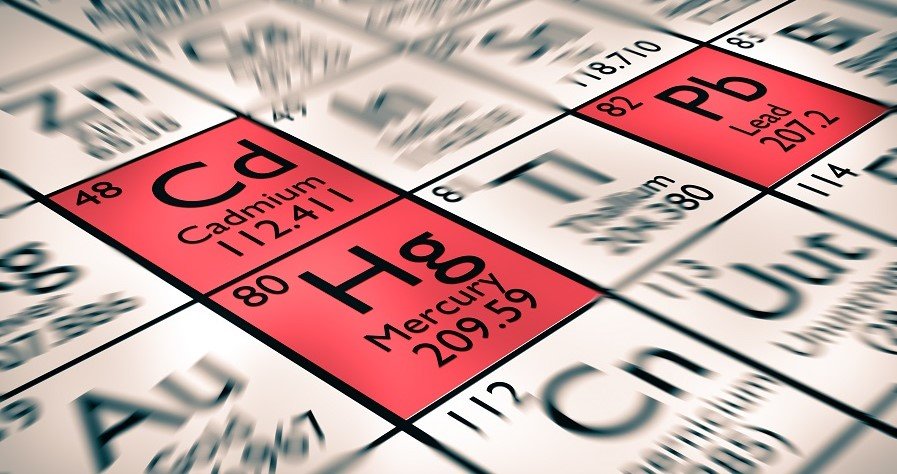November 22, China’s Ministry of Ecology and Environment released draft “opinions” on tighter measures against heavy metal pollution. The ministry solicited public comments about them through December 3.
The main goal set by the opinions is to reduce the total discharges of lead, mercury, cadmium, chromium and arsenic (the “key heavy metal pollutants”) by more than five percent from the 2020 level by 2025 in the six key industries listed below. More specific objectives are also set to help achieve the main goal. The business-related aspects of the ministry’s opinions are outlined below.
Key industries
The following six industries are designated as the key industries to be overseen:
- Non-ferrous heavy metal mining and mineral processing
- Non-ferrous heavy metal smelting
- Lead-acid battery
- Electroplating
- Chemical raw materials and chemical products (PVC production by calcium carbide method, chromium salt production, and inorganic zinc compound production from industrial solid waste)
- Leather tanning and processing
Main objectives
The ministry’s opinions aim to ensure the following as the main objectives.
- Tighter regulations for companies in the key industries
- For the commencement, renewal and extension of construction projects, companies must meet requirements concerning industrial policies, local environmental impact assessment, project environmental impact assessment, entry to the industry, etc.
- Companies must state the total discharges and sources of heavy metal pollutants in the environmental impact assessment report.
- Effective placement of companies in the key industries
- Old, low-capacity companies are prohibited from moving to the regions of middle and upper Yangtze and Yellow rivers.
- New and extended projects in the non-ferrous heavy meatal smelting, electroplating and leather industries are required to operate in dedicated industrial parks.
- Pollutant discharge permit system
- Starting from 2022, pollutant discharging companies will be required to renew their pollutant discharge permit so that the mandatory heavy metal pollutant reduction targets for them will be stated on the permit.
- All heavy metal discharging companies will be under ecological and environmental oversight by 2022.
- Clean production transformation
- Companies in the key industries must conduct at least one mandatory clean production audit during the 14th Five-Year Plan period.
- The level of China’s domestic clean production will be brought to an advanced level by 2025 to effectively reduce the generation and discharge of heavy metal pollutants.
- Standards development
- The government will consider introducing or reviewing pollutant discharge standards for the electroplating and other industries, including those using lead or zinc.
- Local standards development will be accelerated for areas where manganese, tungsten or molybdenum pollutants are concentrated.
- Discharge standards and technical policies will be developed for mercury and mercury compound pollutants.
- Strict measures against illegal acts
- The government will crack down on illegal acts, including heavy metal discharges above the limits and inappropriate operation of pollution control facilities.
The full text of the ministry’s opinions (in simplified Chinese) is available at
https://www.mee.gov.cn/xxgk2018/xxgk/xxgk06/202111/t20211124_961545.html
 China to tighten regulations for heavy metals management
China to tighten regulations for heavy metals management 

























